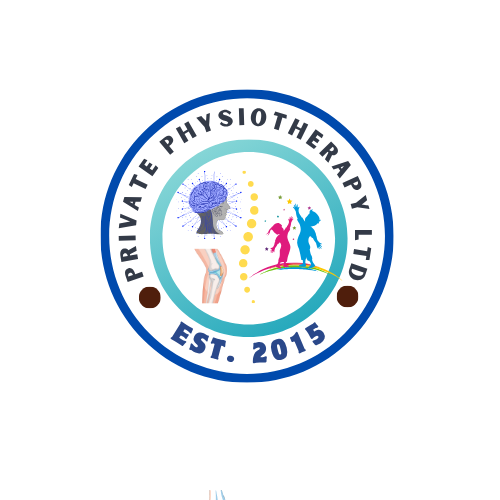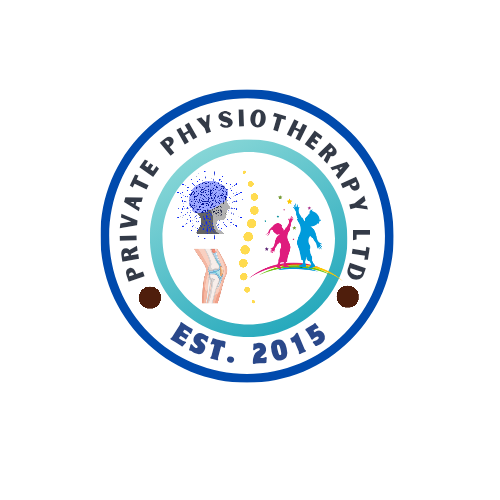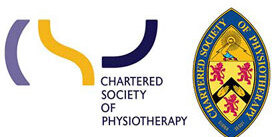An occupational therapist supports people of all ages in managing difficulties with everyday activities, also known as ‘occupations’. This can involve helping someone with learning at school, participating in work, playing sports, or managing daily tasks like washing dishes. The focus is always on enhancing wellbeing and enabling participation in meaningful activities.
It is a science-driven profession within health and social care, overseen and regulated by the Health and Care Professions Council (HCPC).
Occupations are a vital part of life.
They include any activities we need, enjoy, or choose to do to support our physical and mental health, as well as our emotional and spiritual wellbeing. Occupations bring structure, purpose, and meaning to life, shaping our identity, connecting us with others, and fostering a sense of belonging. By engaging in occupations, we improve both our health and overall quality of life.
From birth, we take part in occupations, whether independently or with others. They are not limited to employment or daily routines. Occupations can involve self-care (like eating, sleeping, or washing), productive roles (such as working, studying, caregiving, or household tasks), and leisure (including sports, hobbies, or social activities).





